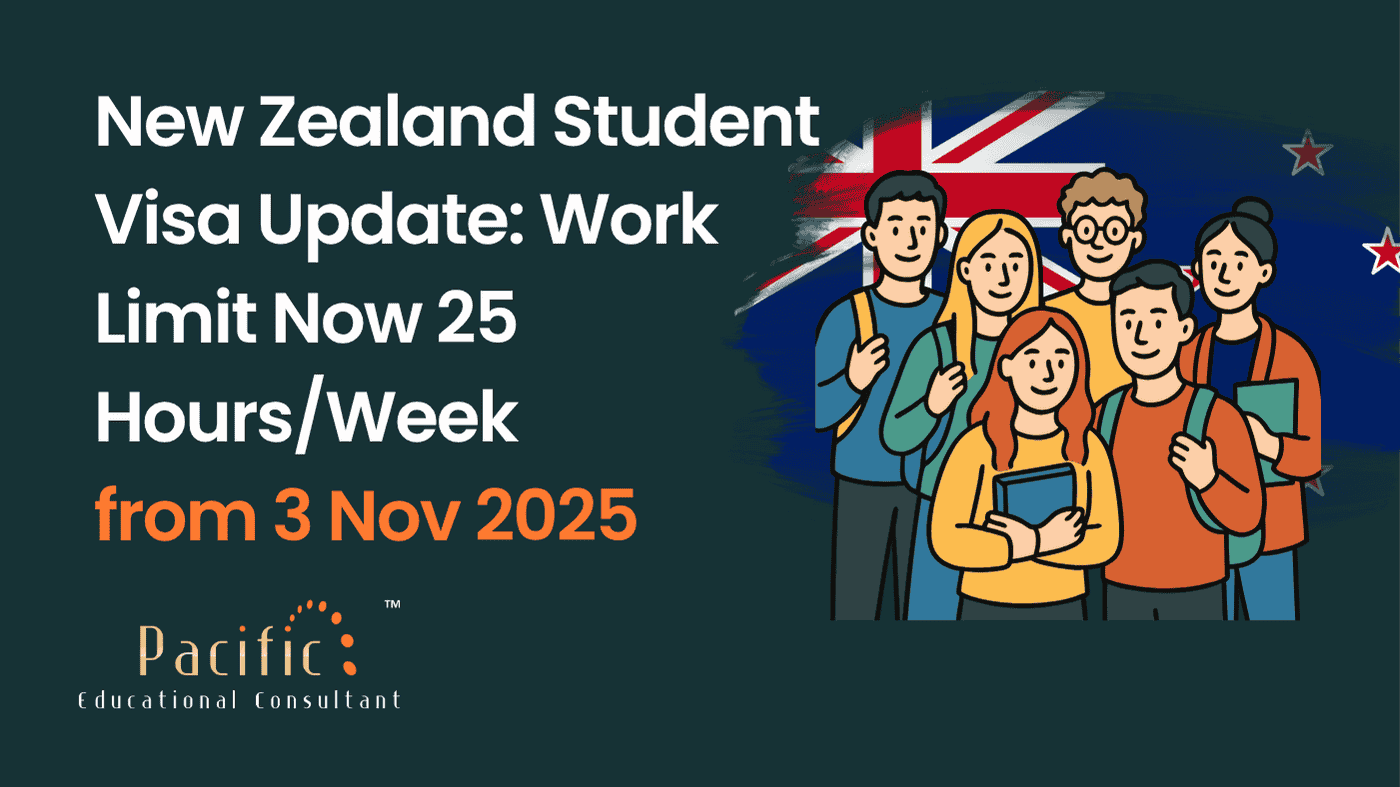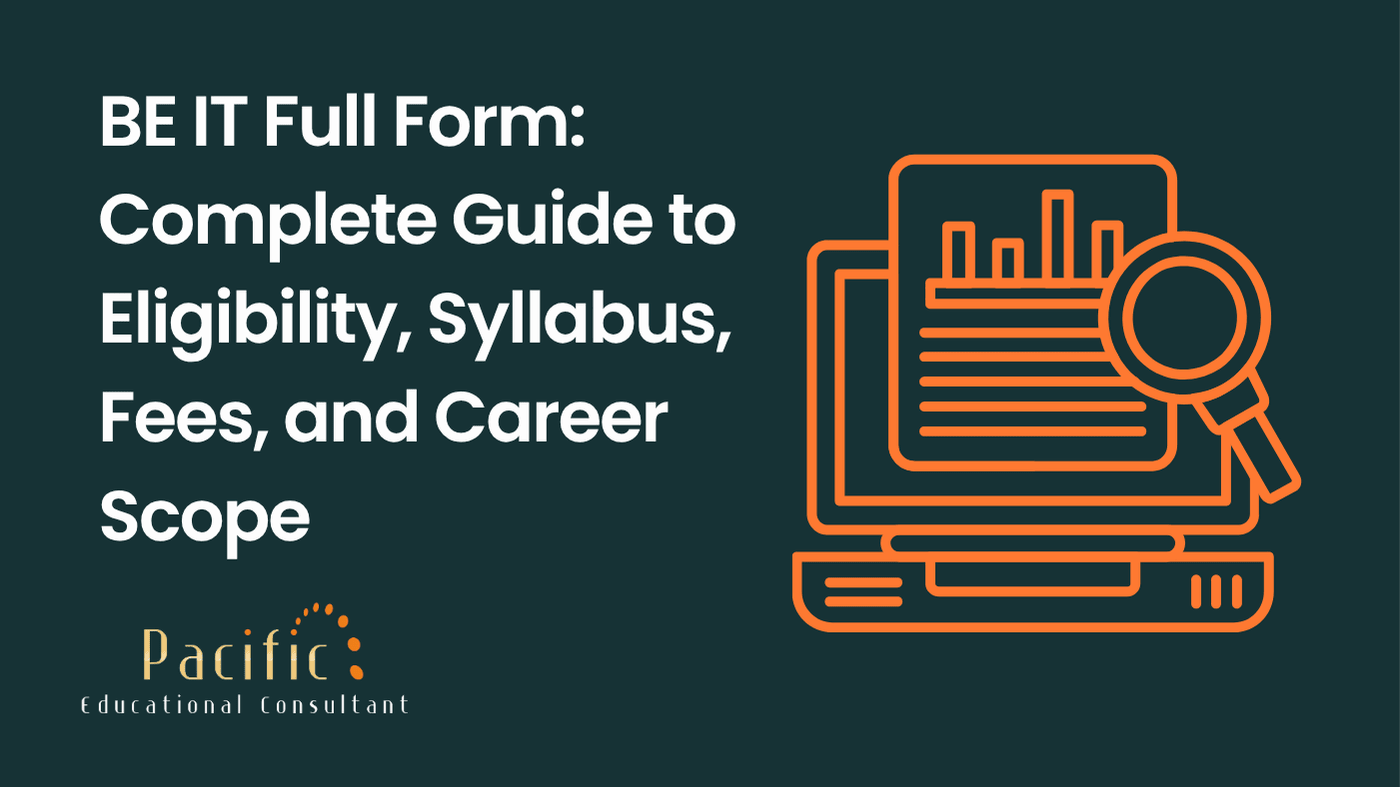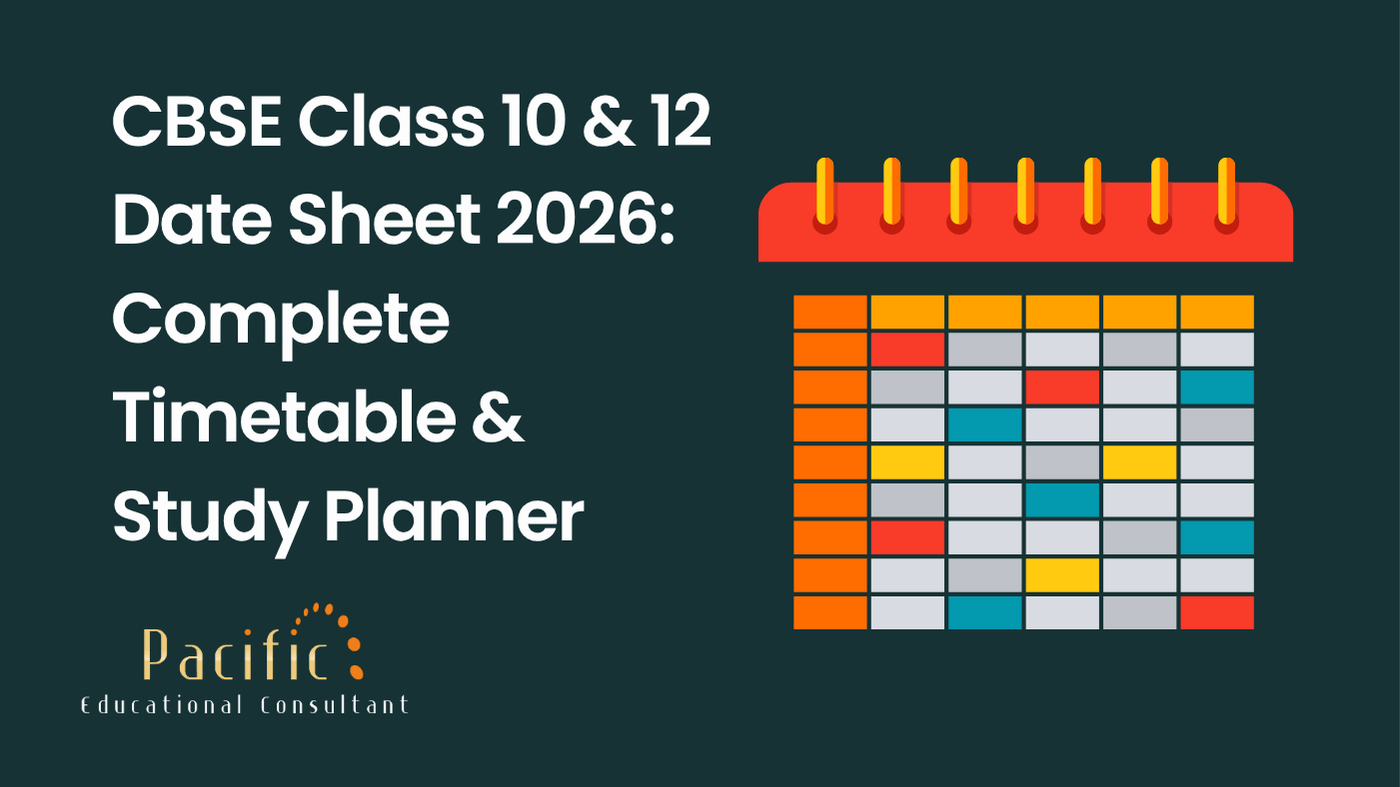


A university admission interview can be a nerve-wracking experience, but with the right preparation, you can confidently present yourself as a strong candidate. Whether it’s an in-person or virtual interview, making a good impression is crucial. In this guide, we’ll walk you through everything you need to know—from researching the university to mastering body language—so you can ace your interview.
Before diving into preparation, it's important to understand why universities conduct interviews. Admission interviews are an opportunity for schools to:
Knowing this helps you focus your preparation on the right aspects.
One of the biggest mistakes applicants make is going into an interview without adequate knowledge about the university. To stand out, research:
Showing that you’ve done your homework demonstrates genuine interest and enthusiasm.
While every interview is unique, certain questions tend to come up frequently. Here are some common ones:
Practice answering these questions in a structured way. Use the STAR method (Situation, Task, Action, Result) to provide clear and concise responses.
An interview is a two-way street. Universities want students who are genuinely interested in their programs. Prepare insightful questions like:
Asking thoughtful questions shows that you’re proactive and engaged.
First impressions matter! Whether the interview is online or in person, dressing appropriately is key. Follow these guidelines:
Dressing professionally boosts your confidence and shows respect for the interview process.
Your non-verbal communication can speak louder than words. Keep these tips in mind:
Positive body language helps you appear confident and engaged.
One of the best ways to prepare is through mock interviews. You can:
Simulating the real interview environment helps reduce anxiety and improve performance.
If your interview is online, technical glitches can be distracting. Prepare by:
Being tech-ready ensures a smooth interview experience.
Feeling nervous is natural, but managing stress is key to performing well. Try these relaxation techniques:
Confidence comes from preparation, so remind yourself that you are ready!
After the interview, send a polite thank-you email within 24 hours. Keep it brief and professional:
A simple thank-you note leaves a positive lasting impression on the interviewer.
Preparing for your university admission interview doesn’t have to be stressful. By researching the institution, practicing common questions, dressing appropriately, and maintaining confident body language, you can present yourself as a strong candidate. Remember, interviews are not just about evaluating you—they’re also a chance for you to evaluate the university. Stay confident, be yourself, and put your best foot forward!

New Zealand Student Visa Update: Work Limit Now 25 Hours/Week from 3 Nov 2025

Describe a family member who you want to work with in the future - IELTS Cue Card

Describe a noisy place you have been to - IELTS Cue Card

Describe a time you enjoyed a free day off work or school – IELTS Cue Card

Bachelor in Business Economics (BBE)

BE IT Full Form: Complete Guide to Eligibility, Syllabus, Fees, and Career Scope

Describe a water sport you would like to try in the future - IELTS Cue Card

Describe a plan that you had to change recently - IELTS Cue Card

CBSE Class 10 & 12 Date Sheet 2026: Complete Timetable & Study Planner

Describe a sport that you really like - IELTS Cue Card